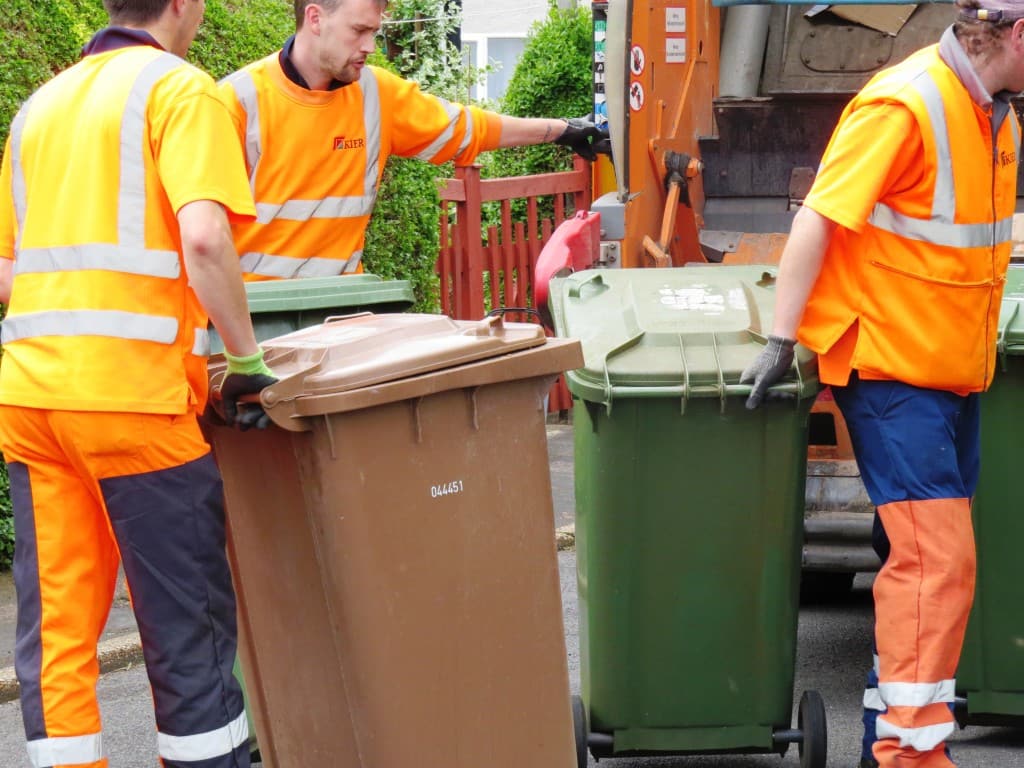The directives are listed almost as new measures but are in effect are updates of the Landfill Directive and Waste Framework Directive.

Proposed today are: a Directive on Waste and a Directive on Landfill. (other new Directives also proposed will cover Packaging Waste; and Electrical and Electronic Waste).
Central to the proposals is a “Proposal for a Directive of the European Parliament and of the Council amending Directive 2008/98/EC on waste (full details can be seen at: Circular Economy PDF)
Background
The background to the proposal is the “loss” of 1.6 billion tonnes of waste (2013 data) to the European economy, consisting of waste which is not recycled or reused. The Commission estimates that an extra 600 million tonnes of this could be reused or recycled.
Urgent action is needed, it is emphasised, to tackle the unevenness in rates of landfill use, with some Member States landfilling more than 90% of waste and others landfilling less than 3%.
Landfill will be limited to 10% by 2030 but this will be on a gradual basis.
Alongside this reduction of landfill will be greater harmonisation and simplification of the legal framework on by-products and end-of-waste status, as well as:
– New measures to promote prevention, including for food waste, and re-use;
– Introduction of minimum operating conditions for Extended Producer Responsibility;
– Introduction of an Early Warning System for monitoring compliance with the recycling targets;
– Simplification and streamlining of reporting obligations
Complex
The complexity of what the Commission is intending to do is huge and it acknowledges this very fact. It states: “The proposals amend six different waste Directives and affects an important number of legally binding obligations, including a comprehensive amendment of the targets contained in Directive 2008/98/EC, Directive 1999/31/EC and Directive 94/62/EC and a simplification of Directive 2000/53/EC, Directive 2006/66/EC and Directive 2012/19/EU. This is a complex review of waste legislation that will potentially affect a number of pieces of national legislation.”
A crackdown on countries using different definitions of municipal waste and other materials will take place and countries will have to make sure it is in line with that used by the European Statistical Office and the OECD.
Waste Hierarchy

The UK might even have to consider looking at more pay as you throw schemes which are mentioned by the Commission. It says: “Member States should put in place adequate incentives for the application of the waste hierarchy, in particular, by means of financial incentives aimed at achieving the waste prevention and recycling objectives of this Directive, such as landfill and incineration charges, pay as you throw schemes, extended producer responsibility schemes and incentives for local authorities.”
Food Waste and Organics
The Commission is seeking that “Member States should take measures to promote prevention of food waste in line with the 2030 Agenda for Sustainable Development, adopted by the United Nations General Assembly on 25 September 2015, and in particular its target of halving food waste by 2030.”
This will involve “the prevention of food waste in primary production, in processing and manufacturing, in retail and other distribution of food, in restaurants and food services as well as in households. Having regard to the environmental and economic benefits of preventing food waste, Member States should establish specific food waste prevention measures and should measure progress in food waste reduction. To facilitate exchange of good practice across the EU both between Member States and between food business operators, uniform methodologies for such measurement should be established. Reporting on food waste levels should take place on a biennial basis.”
In specific terms, there is a proposal that Article 22 is replaced by the following: “Member States shall ensure the separate collection of bio-waste where technically, environmentally and economically practicable and appropriate to ensure the relevant quality standards for compost and to attain the targets set out in Article 11(2)(a), (c) and (d) and 11(3). They shall take measures, as appropriate, and in accordance with Articles 4 and 13, to encourage the following: (a) the recycling, including composting, and digestion of bio-waste; (b) the treatment of bio-waste in a way that fulfils a high level of environmental protection; (c) the use of environmentally safe materials produced from bio-waste.”









Subscribe for free